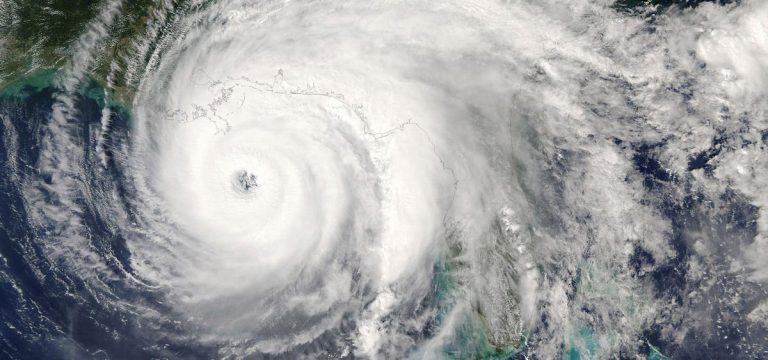According to National Oceanic and Atmospheric Administration (NOAA) data, late August through the end of September is the peak of the Atlantic hurricane season. Some of the most catastrophic storms in U.S. history — including Katrina, Harvey, and Ian — made landfall during this time. The NOAA’s Climate Prediction Center updated its forecast from a “near normal” Atlantic hurricane season to an “above normal” season in 2023 terms of tropical cyclone activity. An above normal season implies an increased risk of property damage from wind and water. The time for residents along the Gulf Coast and up the Eastern Seaboard to evaluate their insurance coverage is now — before it is too late.
Insurers may institute moratoriums, also known as binding restrictions, on writing new insurance policies or updating existing ones when there are significant and imminent risks. For example, on Aug. 24th, 2017, Texas Windstorm Insurance Association stopped accepting policy applications for new or increased coverage once the National Weather Service (NWS) designated Harvey as a hurricane. Such moratoriums prevent a surge of new and previously uninsured applicants from purchasing coverage when the chance of an immediate and catastrophic loss is substantially elevated. For Gulf Coast states, insurer moratoriums often begin once named storms – tropical cyclones that NWS elevates to tropical depressions, tropical storms, or hurricanes based on their sustained wind speeds – enter the Gulf of Mexico.
Such moratoriums can leave consumers high and dry before the rain begins to fall. But there are things you can do now to prepare:
1) Speak to Your Insurance Agent
Make sure your policy is up to date as soon as possible. Be sure to communicate any modifications or updates to your home to ensure adequate coverage. Check whether your policy carries a hurricane or windstorm deductible. These deductibles are often higher than the standard deductible on other types of losses and may leave you on the hook for more out of pocket costs if your home incurs hurricane or wind damage.
2) Take a Photo Inventory of Your Home
Snap photos room by room to document what you have in your home. Upload the pictures to a cloud storage service so they are available if your phone or camera is lost or damaged.
3) Make Necessary Repairs to Your Home
Pay special attention to the roof and exterior walls, which are the first line of defense during a storm. Make sure doors and windows are well sealed and can be fully and securely shut.
4) Inspect Trees around Your Property
Are there weak or dead branches that may fall on your home if subjected to high winds? If so, consider having these trees and limbs addressed by a licensed, insured, and bonded professional.
5) Consider Purchasing Flood Insurance
This important coverage – seldom ever included in a homeowners policy – is administered by FEMA and the National Flood Insurance Program. Flood insurance in most cases has a 30-day waiting period before coverage is in effect, regardless of when the policy is purchased. Visit floodsmart.gov and speak to an agent for additional information.
6) Stay Informed
The NOAA and the National Hurricane Center maintain a site, hurricanes.gov, with up-to-date maps, analysis, and discussion about the current state of atmospheric conditions in the Atlantic and Pacific Oceans.
Finally, ready.gov includes resources and tips to help residents prepare for many types of natural disasters, including hurricanes. Peace of mind comes with preparedness. Developing a plan is vital to ensure safety during difficult times.
Read the full article here









